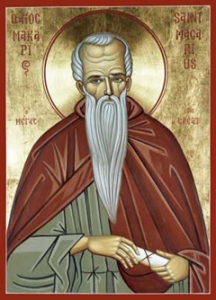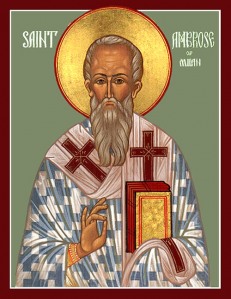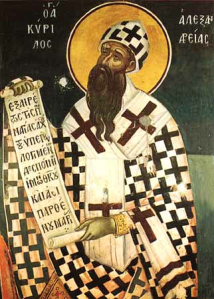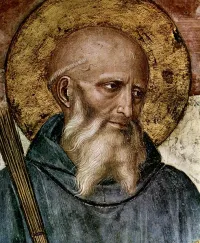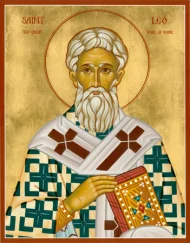 God’s grace, our universal mother, will give us gentleness, so that we begin to imitate Christ.
God’s grace, our universal mother, will give us gentleness, so that we begin to imitate Christ.
This constitutes the third commandment; for the Lord says, ‘Blessed are the gentle” (Matt. 5:5).
Thus we become like a firmly-rooted rock, unshaken by the storms and tempests of life, always the same, whether rich or poor, in ease or hardship, in honor or dishonor.
In short, at every moment and whatever we do we will be aware that all things, whether sweet or bitter, pass away, and that this life is a path leading to the future life.
We will recognize that, whether we like it or not, what happens happens; to be upset about it is useless, and moreover deprives us of the crown of patience and shows us to be in revolt against the will of God.
For whatever God does is “wholly good and beautiful’ (Gen. 1:31), even if we are unaware of this. As the psalm puts it: ‘He will teach the gentle how to judge’ (Ps. 25: 9. LXX) or, rather, how to exercise discrimination.
Then, even if someone gets furious with us, we are not troubled; on the contrary, we are glad to have been given an opportunity to profit and to exercise our understanding, recognizing that we would not have been tried in this way were there not some cause for it.
Unwittingly or wittingly we must have offended God, or a brother, or someone else, and now we are being given a chance to receive forgiveness for this. For through patient endurance we may be granted forgiveness for many sins.
Moreover, if we do not forgive others their debts, the Father will not forgive us our debts (cf Matt. 6:14). Indeed, nothing leads more swiftly to the forgiveness of sins than this virtue or commandment: “Forgive, and you will be forgiven’ (cf. Matt. 6:14).
This, then, is what we realize when we imitate Christ, growing gentle through the grace of the commandment.
But we are distressed for our brother, because it was on account of our sins that this brother was tempted by the common enemy and so became a remedy for the healing of our weakness.
Every trial and temptation is permitted by God as a cure for some sick person’s soul. Indeed, such trials not only confer on us forgiveness of our past and present sins, but also act as a check on sins not yet committed.
[…] God, being self-sufficient and giving to each what is to his profit, does indeed deserve our thanks, since He patiently suffers both the devil and the wickedness of men, and yet bestows His blessings upon those who repent both before and after they sin.
Peter of Damascus (?12th Century): A Treasury of Divine Knowledge Text from G.E.H. Palmer, Philip Sherrard, and Kallistos Ware (trans. and eds.) The Philokalia: The Complete Text, vol. 3 (Faber & Faber, London & Boston: 1979ff), pp. 94-96.

